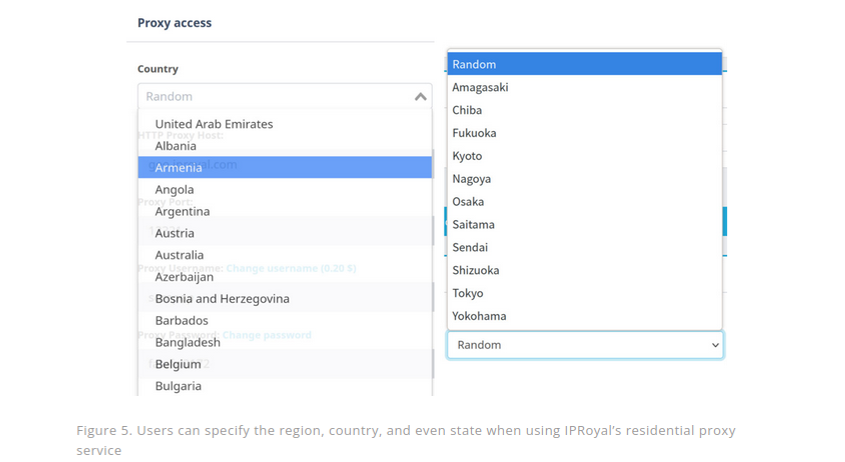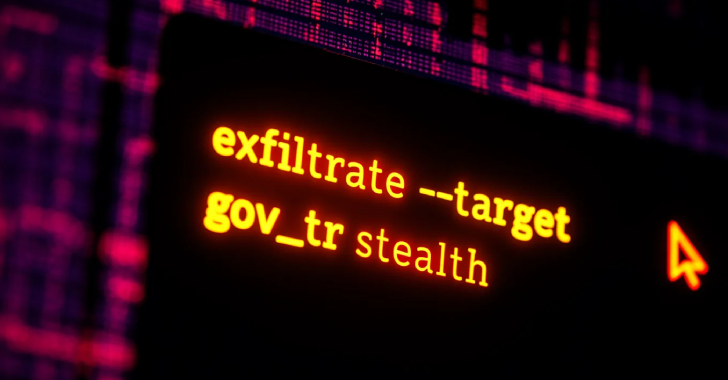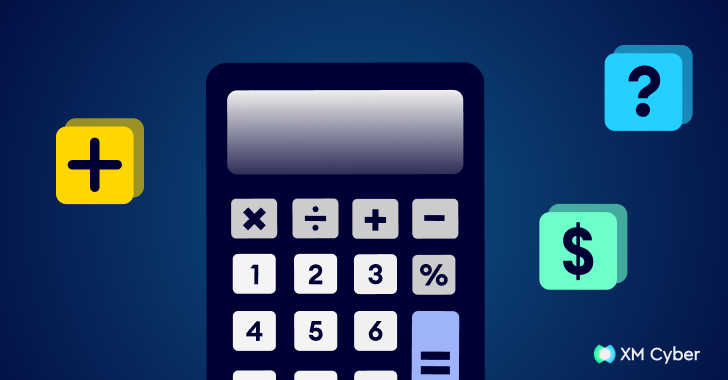
An Easy Guide to CCPA Compliance
The California Consumer Privacy Act (CCPA) is a groundbreaking privacy law that gives consumers more control over their personal information. It requires businesses to be more transparent about the data they collect and to give consumers the ability to opt out of the sale of their personal information. If you have a business that operates in California or collects personal information from California residents, it is important to understand the key provisions of the CCPA and ensure your compliance. In this guide, we will break down the CCPA requirements and provide you with an easy roadmap to achieve compliance.
- Determine if the CCPA applies to your business
The first step in achieving CCPA compliance is to determine if the law applies to your business. The CCPA applies to any business that meets one or more of the following criteria:
– Has an annual gross revenue of over $25 million
– Buys, receives, or sells the personal information of 50,000 or more California residents, households, or devices
– Derives at least 50% of its annual revenue from selling or sharing the personal information of California residents
If your business meets any of these criteria, you are subject to the CCPA and must take steps to comply with the law.
- Understand the rights of consumers under the CCPA
The CCPA grants several rights to consumers regarding their personal information. These rights include:
– The right to know what personal information is being collected and how it is being used.
– The right to request deletion of personal information.
– The right to opt out of the sale of personal information.
– The right to access personal information.
It is important to understand these rights and have processes in place to handle consumer requests in a timely manner.
- Update your privacy policy
Under the CCPA, businesses are required to have a clear and comprehensive privacy policy that outlines how personal information is collected, used, and shared. Make sure your privacy policy is up to date and includes all the necessary information required by the CCPA. It should also include instructions on how consumers can exercise their rights under the law.
- Implement processes to handle consumer requests
To comply with the CCPA, you need to have processes in place to handle consumer requests for access to their personal information, deletion of their personal information, and opting out of the sale of their personal information. These processes should be documented and communicated to all relevant employees. Make sure you have a system in place to track and respond to these requests within the required timeframe.
- Develop a method for verifying consumer identity
To prevent unauthorized access to personal information, it is important to have a method in place to verify the identity of consumers making requests. This can include asking for specific pieces of information, such as a government-issued ID, or using a secure online verification system.
- Train your employees
CCPA compliance is a team effort. Make sure all relevant employees are trained on the requirements of the CCPA and understand their role in ensuring compliance. This includes educating them on handling consumer requests, updating privacy policies, and maintaining data security.
- Assess your data security measures
Data security is a critical aspect of CCPA compliance. You should regularly assess your data security measures to ensure they meet industry standards. This includes encrypting personal information, implementing access controls, and regularly monitoring and patching vulnerabilities in your systems.
- Review and update data collection practices
As part of CCPA compliance, you should review and update your data collection practices. Make sure you are only collecting the personal information that is necessary for your business purposes and obtain proper consent from consumers when required.
- Understand the consequences of non-compliance
Non-compliance with the CCPA can result in severe penalties, including fines and lawsuits from consumers. It is important to take the necessary steps to achieve compliance and regularly review and update your practices to ensure ongoing compliance.
- Stay informed of updates and changes
The CCPA is still a relatively new law, and there may be changes and updates in the future. Stay informed of any updates or changes to the law, and be prepared to adapt your compliance measures accordingly.
In conclusion, achieving CCPA compliance requires a proactive approach to handling personal information and respecting consumer rights. By understanding the requirements of the CCPA, updating your privacy policies and practices, and implementing processes to handle consumer requests, you can ensure your business is compliant with this important privacy law. Don’t hesitate to seek legal advice or consult with experts if you need assistance navigating the complexities of CCPA compliance.
Contact Cyber Defense Advisors to learn more about our CCPA Compliance solutions.





